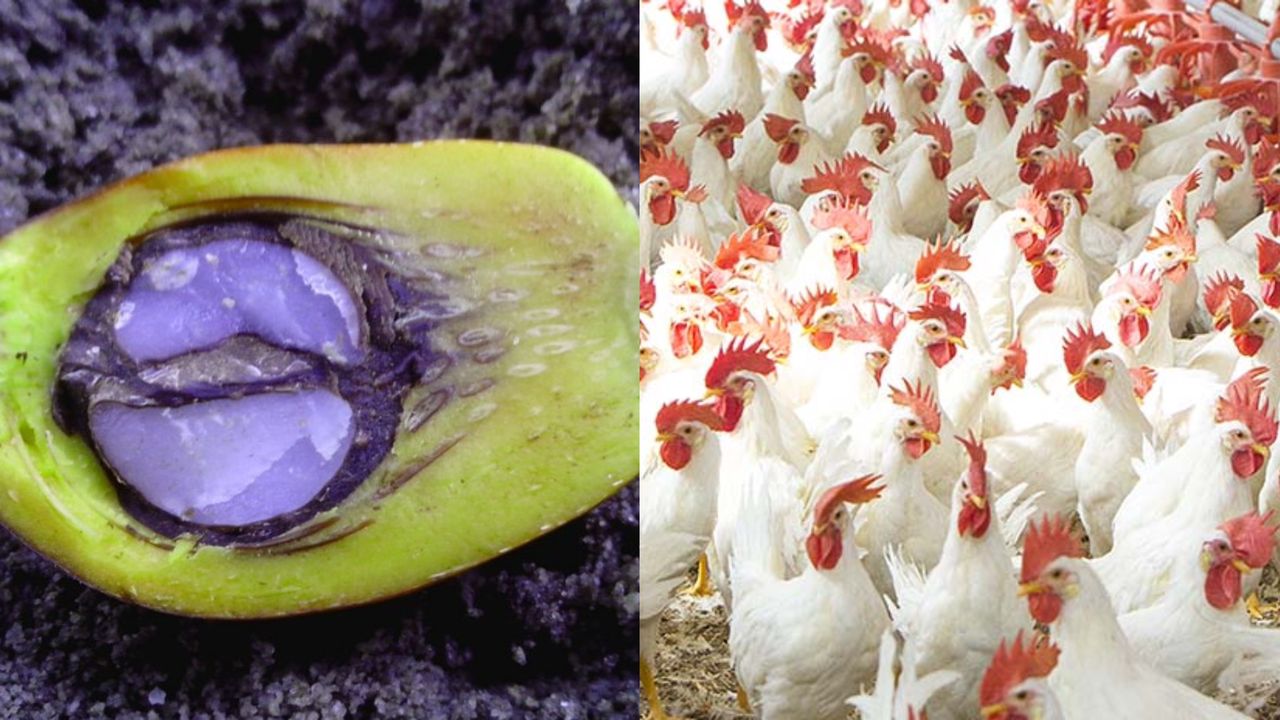I WELCOME the recent suggestion by Datuk Zuraida Kamaruddin that the Malaysian Plantation Industries and Commodities Ministry (MPIC) will step up its efforts to promote the use of palm kernel waste as an animal feed for the poultry industry.
Palm kernel waste – as it is used here – is palm kernel cake (PKC), a by-product from the extraction of palm kernel oil from the palm kernel. Malaysia, the world’s second largest palm oil producer and exporter, has generated more than 2 million metric tonnes of PKC annually for the past decade.
PKC is currently widely exported and used as feed for dairy cattle; it is a source of protein, fats, and energy. In 2021, Malaysia’s exports reached almost RM1.5 bil.
To date, the use of PKC for the poultry industry has been limited because of its high fibre content but a biological solution could now make this possible.
In fact, with appropriate hydrolysis and fermentation processes using enzymes and yeasts, the solution offers a two-fold benefit: we are not only able to upgrade PKC to animal feed for poultry but also produce ethanol with PKC.
PKC-based poultry feed
Enzyme – when used in hydrolysis – can efficiently hydrolyse the polysaccharides in PCK. Yeasts can then ferment the hydrolysed PKC to produce a high-protein animal feed: distiller’s dried grain with solubles which in turn can replace corn and soybean meals in broiler diets without negative effects on their performance.
In 2021, Malaysia imported 1.3 million tonnes of soybean meal for the poultry industry. If all PKC produced by Malaysia were upgraded, this could reduce the country’s dependence on imported soybean meal and ensure that it has a sustainable supply of chickens at a reasonable price in the long run.
Ethanol co-product
Enzyme hydrolysis of PKC will also produce fermentable sugars which can be transformed into ethanol. Ethanol can be blended with gasoline to power vehicles and improve emissions quality.
Although ethanol blending seems new to many people, ethanol is already a major fuel used for transportation purposes in some Southeast Asian countries such as Thailand and the Philippines.
Because ethanol is produced from biomass, it can reduce greenhouse gas emissions by 86% compared with gasoline. Research also found that it has a higher octane number that enhances engine performance.
Hence, transforming PKC into a protein-rich poultry feed would not only promote better use of an agricultural biomass but also help achieve Malaysia’s societal goals in regard to the climate.
Way forward
Protein-rich poultry feed and ethanol production from PKC is an entirely new approach that will take the palm oil industry to the next level.
However, this transformation cannot proceed without a supportive system in place. Given that such an undertaking requires substantial investments, incentives and funding options must be made available to palm oil companies to encourage them to take on new technology and process.
Is the Malaysian Government and industry ready to take the next big step? – June 15, 2022
Hong Wai Onn is a chartered chemical engineer and a Fellow of the Institution of Chemical Engineers and the Royal Society of Chemistry. He is also the author of A Chemical Engineer in the Palm Oil Milling Industry.
The views expressed are solely of the author and do not necessarily reflect those of Focus Malaysia.










